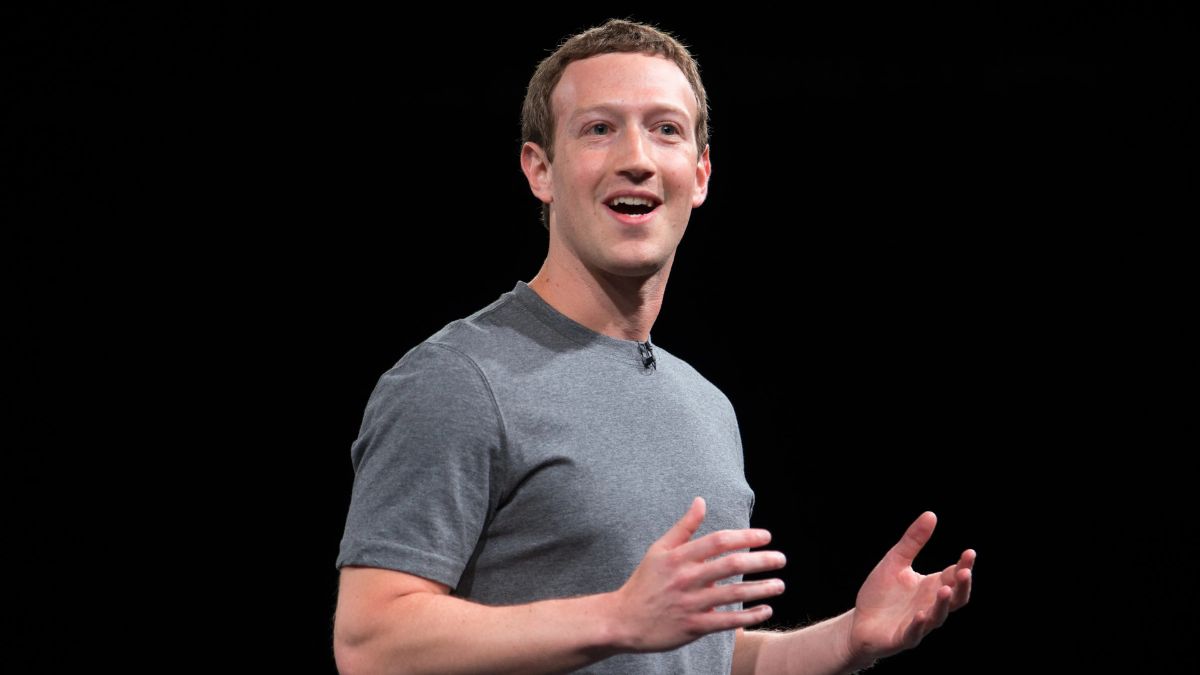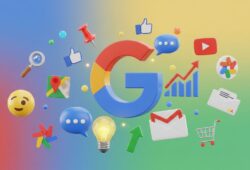
Meta, the company led by Mark Zuckerberg and owner of Facebook, WhatsApp, and Instagram, has made a major strategic shift in its 2025 business strategy: moving away from the failed metaverse experiment to a bold new mission focused on personal superintelligence. This was made clear by the Meta CEO in a message released on July 30, the same day the company published its second-quarter financial results.
ALSO READ. Meta surprises the market with profits up 22% thanks to advertising
Mark Zuckerberg’s ambitious plan seeks to create artificial intelligence (AI) systems capable of knowing you, understanding your goals, and helping you achieve them—not just at work, but in everyday life. “A personal superintelligence that helps us reach our goals, create what we want to see in the world, live any adventure, be better friends to those we care about most, and grow into the person we aspire to be,” Zuckerberg stated in his message.
ALSO READ. How much does Facebook invest in its own advertising and marketing?
How is superintelligence linked to Meta’s financial results?
Meta’s financial results for the second quarter of 2025 show that the shift toward AI has not disrupted its primary revenue engine: digital advertising. The company reported revenue of $47.516 billion, a year-over-year increase of 22%, while net income rose 36%, reaching $18.337 billion.
This strong financial momentum has allowed Meta to double down on its tech ambitions. Zuckerberg himself announced massive investments, including $14.3 billion in Scale AI, as well as key hires like Alexandr Wang, CEO of that startup, and Shengjia Zhao, former OpenAI researcher and part of the team that developed ChatGPT. Zhao was appointed chief scientist of the new Meta Superintelligence Lab.
What does personal superintelligence mean according to Mark Zuckerberg?
Unlike other companies that focus their AI efforts on automating labor, Zuckerberg believes the true potential of artificial intelligence lies in empowering individuals. “I’m extremely optimistic that superintelligence will help humanity accelerate the pace of our progress. (…) It has the potential to spark a new era of personal empowerment.”
For Meta, this new paradigm means that tech devices—like smart glasses—could become people’s main digital allies. These gadgets will be able to see, hear, and interact with their users throughout the day, enabling deeply personalized experiences. “If current trends continue, we could expect people to spend less time in productivity software and more time creating and connecting,” Zuckerberg noted.
How does Meta plan to bring superintelligence to billions of people?
Meta has the infrastructure, global products, and financial resources to scale this vision. According to its CEO, the company is ready to bring personal superintelligence to billions of users around the world by leveraging the massive reach of its platforms and increasing investments in AI data centers.
The company raised its annual capital expenditure forecast to a range of $66–72 billion, aimed at building the infrastructure required to train advanced AI models. This effort will require high-performance hardware, top-tier talent, and vast computing resources.
Zuckerberg also acknowledged the challenges that come with this technology. “Superintelligence will raise new security concerns. We’ll have to be rigorous in mitigating these risks and cautious about what we decide to share as open source,” he warned.
What impact will personal superintelligence have on daily life?
The idea of an AI that deeply knows us and accompanies us throughout the day could transform how people work, create, and connect. According to Zuckerberg, this would be a continuation of a historical trend: the liberation of human time through technology.
“Just 200 years ago, 90% of people were farmers. With each advancement, we dedicated more time to science, culture, and relationships. Superintelligence will continue this trend, helping us live with more purpose and creativity,” he concluded.









